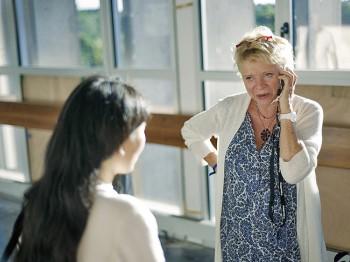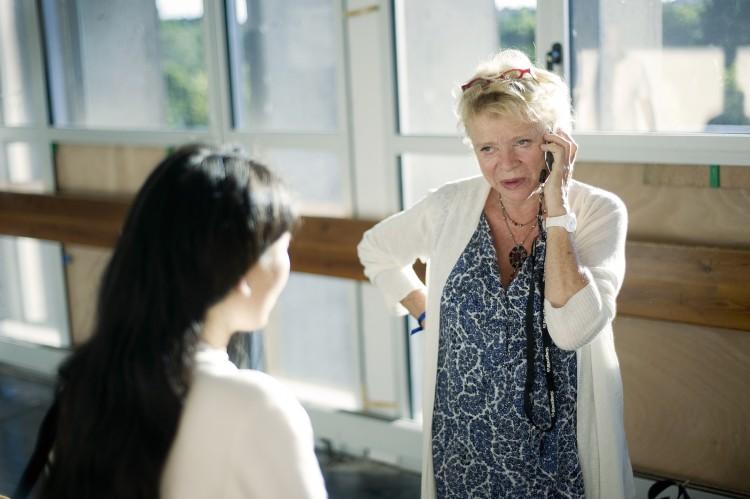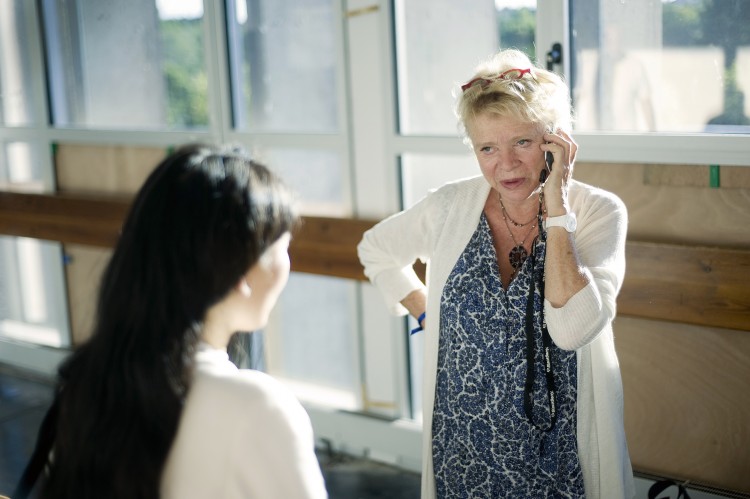Trouble at School
One of the most dreadful moments for a parent is getting a call from their child’s school requesting a conference about a problem the child has caused.

PARENT CONTACT: One of the most dreadful moments for a parent is getting a call from their child's school requesting a disciplinary conference. Bernard Loubinoux/Getty Images
|Updated:







